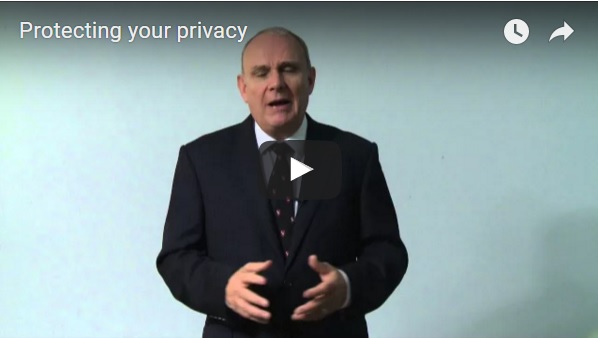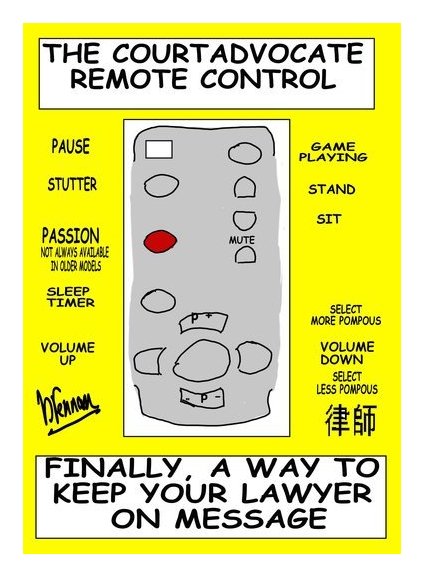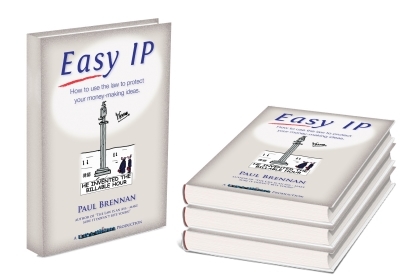

You were aware that someone had a video camera, but were surprised when you appeared on YouTube as “Drunken middle-aged fool dancing”. As the popularity of your video clip soars, people start to recognize you on the street.
middle-aged fool dancing”. As the popularity of your video clip soars, people start to recognize you on the street.
Your lawyer tells you that you can’t stop it, even if you did not give your permission.
Before you vow never to go to another wedding, some things are private, even for celebrities and, therefore, protected:
Therefore, feigning a heart attack, involving your children and pre-selling your drunken exhibition are all ways to stop your appearance on YouTube.
It may be worth a try to claim that a song you were singing at the time or your performance itself is a copyright work and, therefore, protected.
A person caught on CCTV trying to commit suicide, unsuccessfully as it turned out, was compensated when the pictures appeared in the press. Whereas an abattoir trying to stop pictures of their possum stunning procedure was not protected, even though the pictures were taken by a trespasser.
 To digress, what about affairs with neighbours, I hear you ask? Affairs and sexual indiscretions do not seem to be protected from the press, or other interested parties, pictures or no pictures; although a Brazilian model who unexpectedly discovered a video of her making love to her boyfriend on the internet was successful in having it removed. Therefore, an innocent couple’s lovemaking was something private, on the same basis that rare footage of sex within marriage would also be protected.
To digress, what about affairs with neighbours, I hear you ask? Affairs and sexual indiscretions do not seem to be protected from the press, or other interested parties, pictures or no pictures; although a Brazilian model who unexpectedly discovered a video of her making love to her boyfriend on the internet was successful in having it removed. Therefore, an innocent couple’s lovemaking was something private, on the same basis that rare footage of sex within marriage would also be protected.
So, what is protected? Well, it is a balance of your right to a private life against the video cameraman's or journalist’s often stronger right to  freedom of expression. For instance, naked pictures of a young woman on a beach may not be protected. The same pictures in her bathroom or of a Duchess on her brother-in-law's private estate; definitely yes. Naked pictures of a judge (unless it is on a beach); hopefully yes.
freedom of expression. For instance, naked pictures of a young woman on a beach may not be protected. The same pictures in her bathroom or of a Duchess on her brother-in-law's private estate; definitely yes. Naked pictures of a judge (unless it is on a beach); hopefully yes.
Be warned; your 15 minutes of fame awaits you. But it is possible to use privacy law to protect your business and other secrets.
(c) Paul Brennan 2012-2015. All rights reserved.
Click here if you need to speak to a lawyer dealing with disputes - defamation and privacy